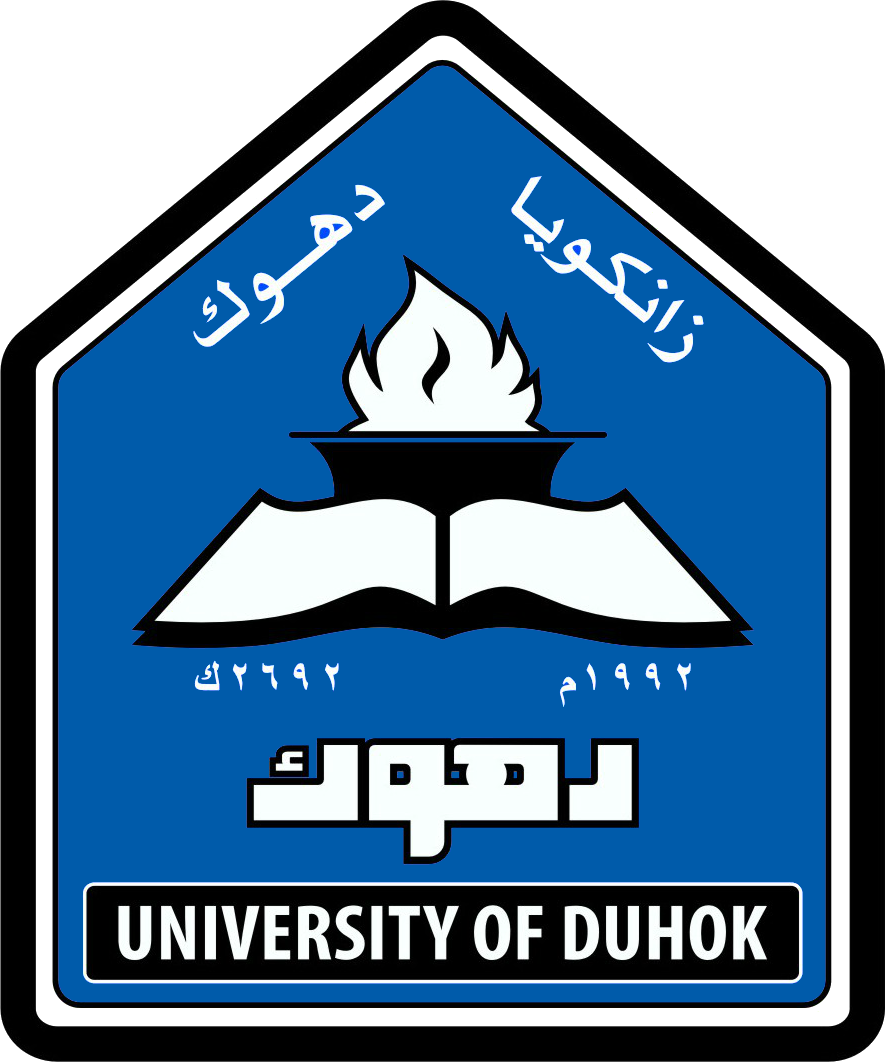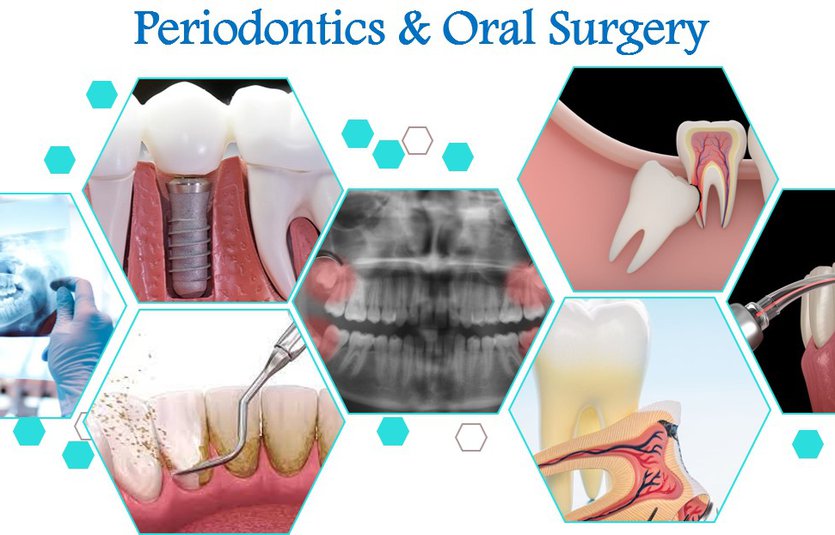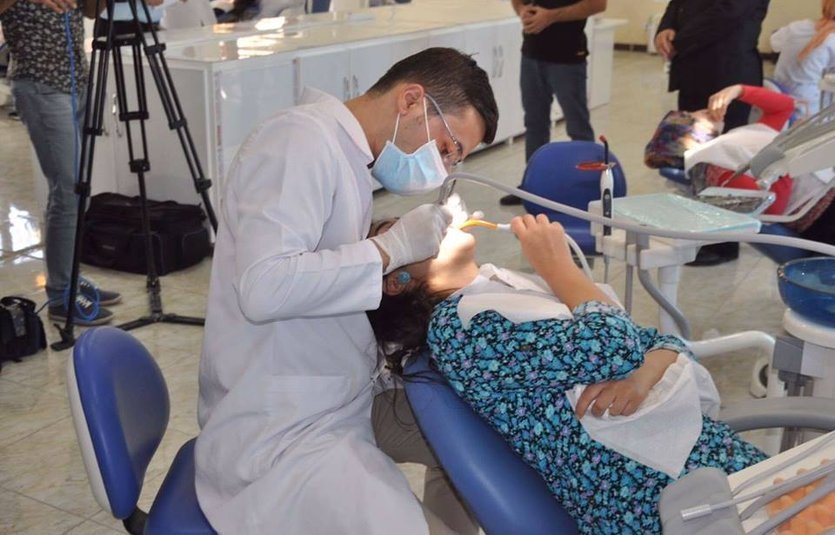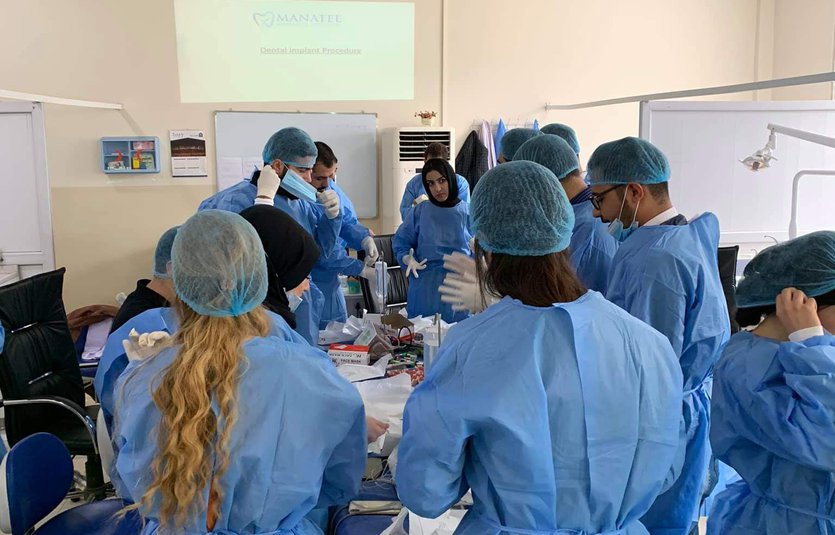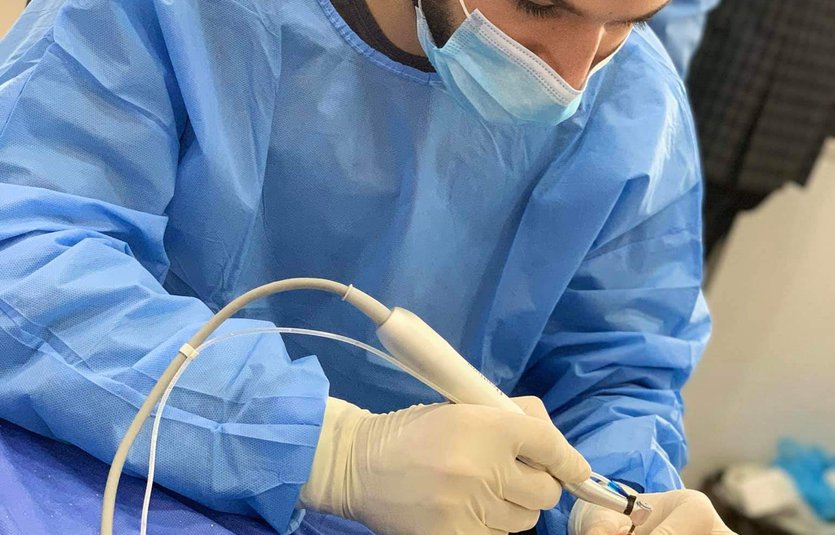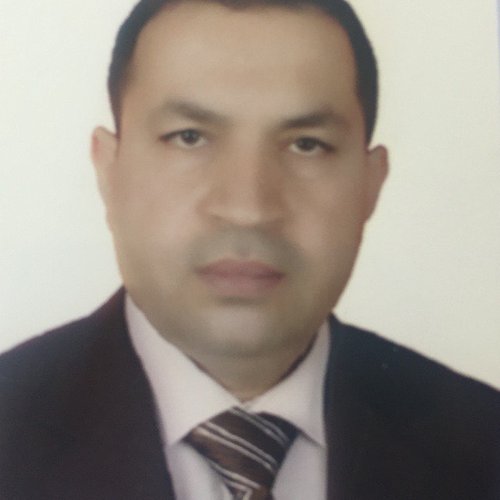Periodontics & Oral Surgery
Periodontology
Periodontology is the scientific branch of dentistry that studies the problems of periodontium that surround and support the structures of teeth and implants, diagnoses and treats the dental diseases and also ensures quality of post-treatment health conditions. The curriculum of the department comprises the diagnosis and the treatment of periodontal diseases.
Clinical services at our department are carried out in undergraduate and postgraduate programs. Safety of both patients and dentists is our priority at clinical services.
The Department of Periodontics provides instruction and clinical experience dealing with the etiology, diagnosis, prevention and treatment of diseases of the periodontium in adults.
The Departmental goal is to provide the predoctoral and postdoctoral student with a strong educational foundation in periodontology for their future careers in Dentistry and to contribute new knowledge through basic and clinical research in Periodontics.
Mission
The mission of the Department of Periondotology is to educate dentists, periodontists and academicians to adopt global and ethic values, gain contemporary knowledge and techniques, and supervise the dental health of our citizens, act as mindful field specialists for public health and quality of life, be innovative and become aware of the importance of personal service and have a sense of obligation. Our mission is to produce information for mankind and offer dental health care services with our creative and dedicated health team.
To Train the students in various methods for preserving the natural dentition by preventing and controlling dental diseases at individual, family and community levels and to equip the students with knowledge and skills on diagnosis and management of simple periodontal diseases/conditions.
Visions:
Vision To produce an oral health care provider with a holistic public health approach to health care and management of patients with periodontal diseases and conditions.
Objectives
- To develop an interest in maintaining the health and integrity of the periodontal tissues.
- To motivate students to develop the desire and skills to prevent periodontal diseases .
- To develop an awareness of the various influences of all other clinical disciplines on the health of periodontal tissues .
- To develop competence in diagnosis and treatment of periodontal diseases within the context of a general dental practice .
- provide educational programs to train predoctoral dental students, graduate students and dental professionals in present-day knowledge and clinical practice skills pertaining to diagnosis, treatment and prevention of human periodontal diseases, as well as training in placement and maintenance of endosseous dental implants
- advance understanding of the interrelationships between fundamental concepts in Periodontology and other oral health disciplines
- provide periodontal health care services and education to the community and dental profession
- encourage and undertake clinical and laboratory research on the epidemiology, etiology and treatment of human periodontal and peri-implant diseases
- foster collaborative, interdisciplinary educational and investigative activities with intramural and extramural programs/institutions.
Oral surgery
Oral Surgery is a specialty of medicine and dentistry that focuses on the diagnosis, surgical treatment, and management of diseases and disorders of the face and jaws. Oral surgery department are trained to treat trauma, congenital and acquired defects and disorders, facial infections, cancers of the head and neck region, as well as to perform extractions, placement of dental implants, and dental anesthesia and sedation.
The primary objective of the undergraduate curriculum is to provide didactic and clinical training in routine dentoalveolar surgery, management of medically compromised patients, local anesthesia and sedation, and pain control.
The guiding principles of our programs include compassion, respect and regard for the inherent dignity of patients, high moral and ethical standards, commitment to evidence-based clinical practice, and technical excellence in the full scope of the profession.
Vision
- To be internationally recognized as a leader in education, research, patient care and service.
- To be an internationally recognized Centre that is committed to academic and professional excellence in the sciences of craniofacial imaging; oral diagnostics; oral pathology and oral/ maxillofacial surgery.
Mission
- To be known for innovative dental education, commitment to cultural diversity, discovery, transfer of scientific knowledge, the superior skills of our graduates and the highest degree of patient care and service.
- To provide quality education and training through creation, preservation,integration, dissemination and utilization of knowledge in craniofacial imaging,oral/ maxillofacial surgery and oral pathology/oral medicine.
Objectives
To provide high quality postgraduate education leading to board certification in maxillofacial surgery, and to accomplish this in an environment that provides the intellectual and emotional support necessary to become a skilled and effective surgeon. By the completion of the program the resident should:
- Be capable of evaluating and managing patients with a broad range of surgical problems from the preoperative through postoperative phases of illness.
- Have a basic understanding of the pathophysiology and natural history of surgical disease states and familiarity with basic operating room procedure.
- Be adept at managing surgical patients and teaching the principles of patient management to junior residents and students.
- Have a comprehensive knowledge of surgical disease and an appropriate application of this knowledge to the clinical situation.
- Achieve a working knowledge of other surgical subspecialties and an ability to supervise and direct management of critically ill or injured patients.
- Be familiar with current surgical literature.
- Demonstrate technical skill, clinical judgment and a firm grasp of surgical knowledge deemed appropriate for the independent practice of maxillofacial surgery.
- Have the level of knowledge and technical skills necessary to successfully pass the American Board of Oral and Maxillofacial Surgery examination.
